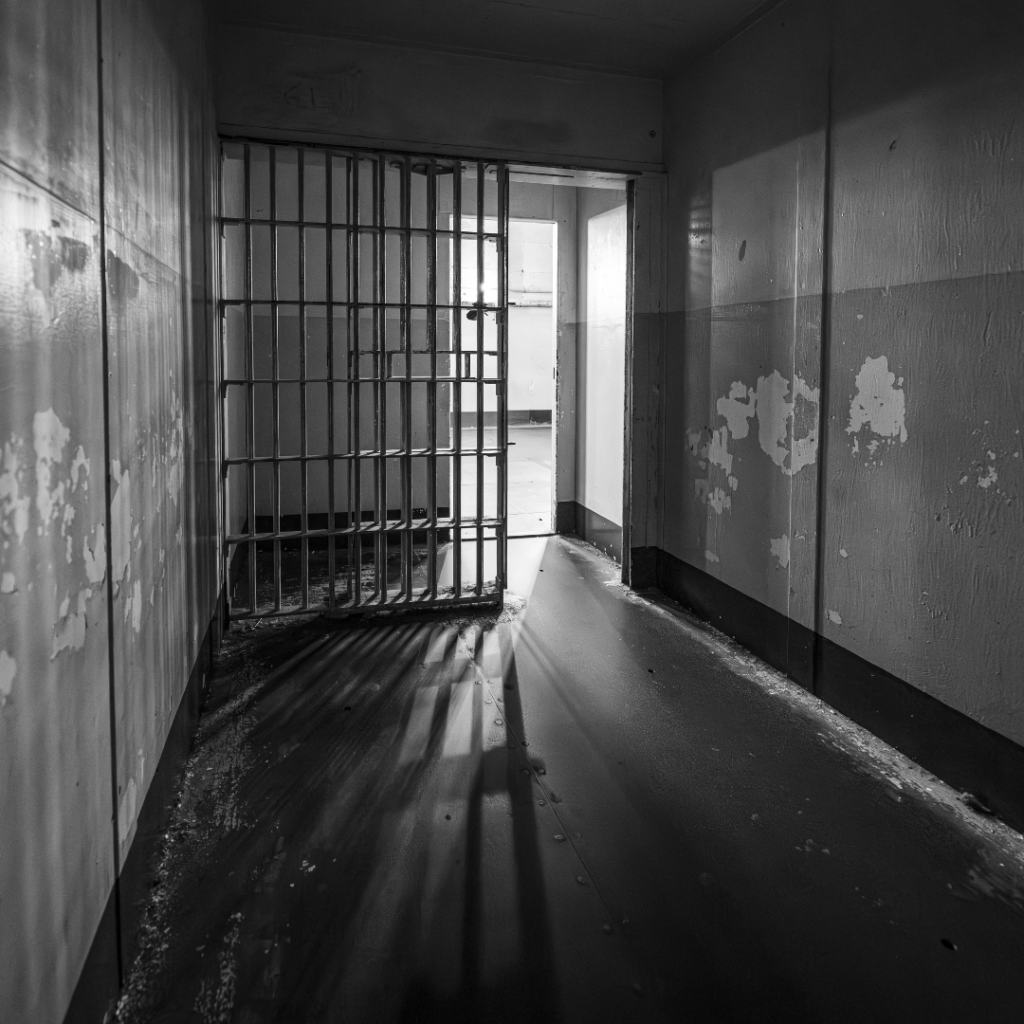Legal Reforms in Georgia
From tort reform to tackling problems in Georgia’s prisons and jails, it’s time to make some changes to our legal system.
 As Georgia enjoys runaway success in economic development, now is the time for spirited debate over the role of law and policy in achieving and maintaining that reputation.
As Georgia enjoys runaway success in economic development, now is the time for spirited debate over the role of law and policy in achieving and maintaining that reputation.
Recently Gov. Brian Kemp announced he would pursue tort reform in 2024; Georgia hasn’t updated its laws since 2005. Consequently, the state has become a hotbed of litigatory frivolity, and he would back reforms to cap lawsuit awards to plaintiffs and other measures.
Back in 2005, the state capped noneconomic damages including pain and suffering. The Supreme Court of Georgia overturned the cap on awards in 2010, ruling that caps would require a constitutional amendment. Since that time Georgia’s insurance rates have risen to some of the highest in the country, particularly affecting trucking companies, as well as apartments and commercial real estate property owners. Georgia had the eighth most expensive auto industry premiums nationally in 2020, according to the National Association of Insurance Commissioners.
Our prisons and jails are crowded, understaffed and occasionally overrun by gangs.
One plan proposed in 2020 would have limited damages for defective products to $250,000, made it harder to sue property owners for harms on the property caused by someone else and barred plaintiff’s lawyers from arguing for a specific amount of money before a jury. Reform has also been sought to prevent plaintiffs from simultaneously suing trucking and insurance companies.
In 2022, Georgia bumped California off the top of a list of “Judicial Hellholes” compiled by the American Tort Reform Association. These cases cover a wide range of verdicts and jurisdictions. The biggest of them all was the $1.7 billion award against Ford Motor Company in Gwinnett County last year. Plaintiffs alleged that the crushed roof on a Ford F250 caused the death of a couple when their tire blew out, causing the truck to roll over. Ultimately Ford was found responsible for the weak roof, and the judge ordered the company to pay the $1.7 billion, plus interest, while an appeal is pending.
 In 2021, Rabun County Superior Court awarded $200 million in damages against a boat manufacturer. In 2020, the U.S. District Court for North Georgia awarded more than $21 million to the family of a pedestrian killed by a tractor-trailer operator. Wrongful death actions in Union and Muscogee counties in 2018 and 2019 brought nine-figure payouts.
In 2021, Rabun County Superior Court awarded $200 million in damages against a boat manufacturer. In 2020, the U.S. District Court for North Georgia awarded more than $21 million to the family of a pedestrian killed by a tractor-trailer operator. Wrongful death actions in Union and Muscogee counties in 2018 and 2019 brought nine-figure payouts.
Of course, awards like these are typically symbolic. They are often either significantly reduced by statutory caps on damages, challenged on appeal, negated by the grant of a new trial or simply uncollectable from the defendant’s financial resources. Still, sensible reform could continue to protect victims’ rights while reasonably capping courts’ ability to run wild with payouts.
Based on tort reform enacted in Texas, attorneys are less likely to pursue cases of medical malpractice, which can cost $50,000 to $100,000 to pursue, when awards are capped. Malpractice lawsuits dropped nearly two-thirds in Texas without a noticeable impact on insurance rates, according to one nationwide trial lawyer group.
It’s too soon to know the specifics of tort reform proposed in Georgia, but it will likely include partisan debate, with Democrats acting on behalf of victims and Republicans representing the business community.
Meanwhile, the word “hellhole” got me thinking about Georgia’s prisons and jails, and the potential for the General Assembly to undo the state’s judicial reforms in the name of tough-on-crime laws that will further strain our system, which made news when former President Donald Trump was booked in the troubled Fulton County Jail.
Our prisons and jails are crowded, understaffed and occasionally overrun by gangs. Our judicial process is dominated by payday lenders and bail companies who agree to pay bond only if defendants can pay a portion of it, which they won’t get back. If they are unable to make bond, the incarcerated are unable to earn wages to afford a lawyer and sometimes wait months for a court-appointed attorney.
Even as we discuss policy reform to limit lawsuits our leaders have been considering new laws to re-establish cash bail for 31 crimes, including some misdemeanors. Such legislation would undo former Gov. Nathan Deal’s lauded justice reforms, which are considered a model for other states. Instead of potentially growing our staggering prison population, we should seek alternative sentencing and treatment for misdemeanor crimes by non-recidivists and preserve the authority of elected district attorneys to make those decisions.






